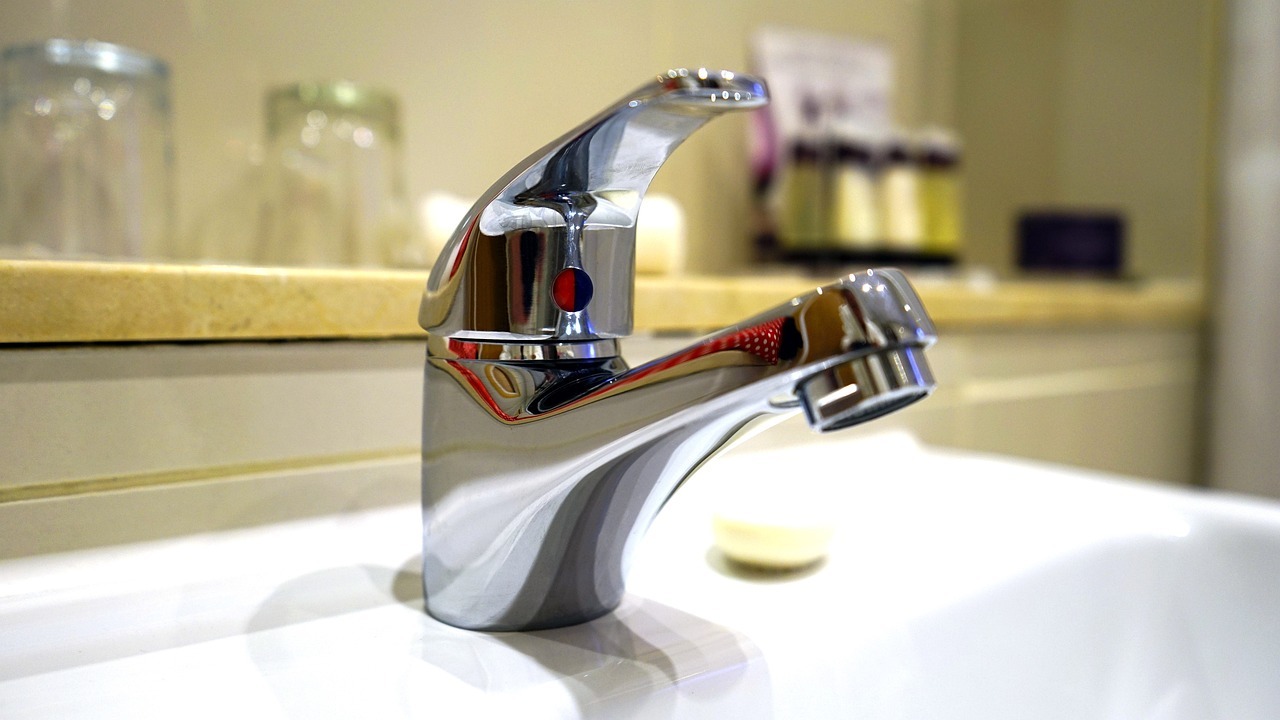Every mom likes to run her house like a well-oiled machine, right? The kitchen functions at meal times, the laundry room works to keep everyone clothed and, unbeknownst to some, the plumbing plays a massive role in ensuring we all live comfortably. As moms, it is essential to understand the basics of home plumbing. After all, who wants unexpected surprises like water leaks or blocked pipes? This guide will educate you on simple yet effective ways to manage and maintain your home’s plumbing.
The Importance of Plumbing
In homes, comfortable living depends largely on efficient systems; heating, ventilation, electricity, and most importantly, plumbing. If curious about who the experts are in this field check out Twitter FergusonsAUS. From supplying clean water and disposing waste water, to maintaining your home’s sanitary conditions, the so-important but often ignored plumbing does it all. Not only does understanding basic plumbing help nip problems in the bud, it also allows you maintain control over the comfort of your home.
Knowing Your Home’s Plumbing
Your home’s plumbing can seem complex if you don’t know where to start. However there are main components that make up most residential plumbing systems: service pipes that supply water from municipal or private sources; drain and vent lines for waste disposal; fixtures like sinks and toilets through which water is used; faucets controlling the flow of hot and cold water and finally appliances such as dishwashers that connect with your system.
Preventing Blocked Drains
Blocked drains are a common plumbing issue faced in homes; luckily prevention is quite simple. To prevent blockages use strainers over drains to catch food or hair particles. Do not pour fats or oils down sinks; they solidify in the pipes causing blockages. Regular use of enzyme based pipe cleaners can also ensure free flowing drains.
Dealing with Leaky Faucets
A dripping faucet is a minor issue that can quickly develop into a major problem if neglected. Replacing worn out O-rings usually solves the issue. If not, then it could point to a worn out valve seat or faulty washers.
Maintaining Water Heaters
Water heaters are responsible for providing your household hot water, making them an important part of your home’s plumbing system. Regular maintenance like draining sediment build-up from the tank and checking for leaks ensures longevity and efficiency.
Watching Water Pressure
High water pressure is great for showers but not so much for your plumbing system. Continued high pressure can damage your pipes leading to leaks or bursts. The ideal water pressure should be between 60-80 psi. You can check this with a water pressure gauge and adjust using a pressure reducing valve if necessary.
Caring for Your Toilets
A running toilet can waste hundreds of gallons of water daily causing an unnecessary increase in your water bill. Check the float, fill valve or flapper in your toilet’s tank for wear and tear; these components are inexpensive and easy to replace.
Useful Plumbing Tools
Having some basic tools on hand like plungers, pipe wrenches and drain snakes can help deal with minor issues without needing to call a plumber. Always remember though, if you are unsure or the problem seems severe, it is better to call in professionals rather than risk damaging your plumbing further.
Saving Water at Home
An aspect of good plumbing practices involves being mindful about water usage. Simple habits such as turning taps off when not in use, fixing leaks promptly, and using water-efficient appliances can reduce water wastage considerably, leading to more savings for you.
Dealing with Frozen Pipes
Frozen pipes can cause severe water damage if they burst. Insulate pipes that are exposed to cold temperatures. If you suspect a pipe is frozen, warm it gradually with a hot towel or hairdryer; never use an open flame. Open the closest faucet as it will help relieve pressure and prevent the pipe from bursting.
Understanding Plumbing Codes
Though it might sound complicated, knowing your local plumbing codes can be extremely helpful especially if you plan on doing some DIY plumbing work. Regulations vary by definition, however, there are resources online that can assist you through these guidelines.
When to Call a Plumber
Despite understanding basic plumbing and being able to handle minor issues, sometimes professional help is required. Persistent leaks, low water pressure across the house or stubborn drain clogs are some instances where calling a plumber would be appropriate.
The Final Word
Your role as a mom doesn’t end at looking after your kids’ needs, but extends to making sure the house your family lives in is comfortable always. Empowering yourself with basic know-how of plumbing ensures just that. You don’t need to master everything overnight. Start small – maybe figure out why that tap keeps dripping – and witness how this knowledge gives you greater control over your home’s comfort.
